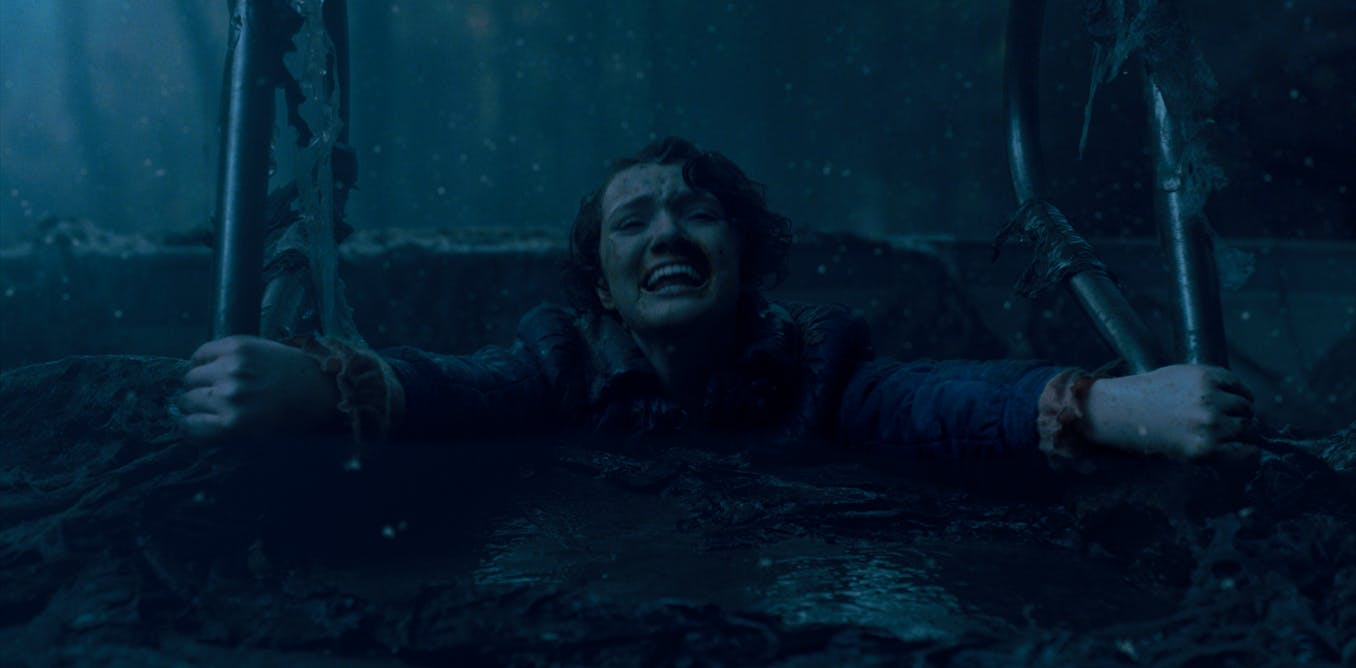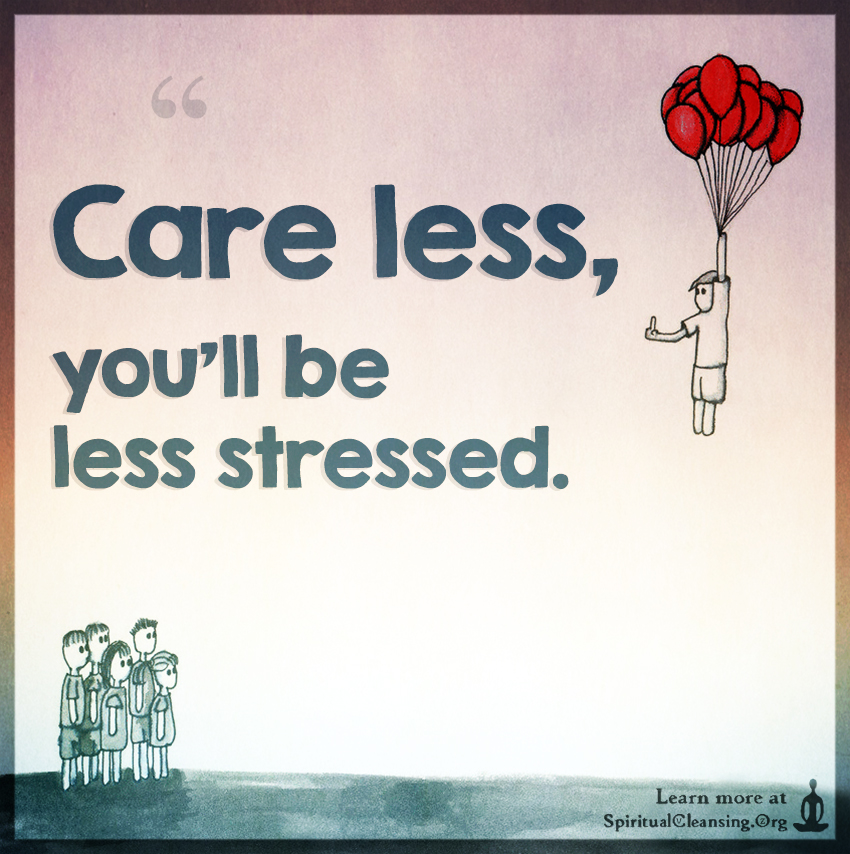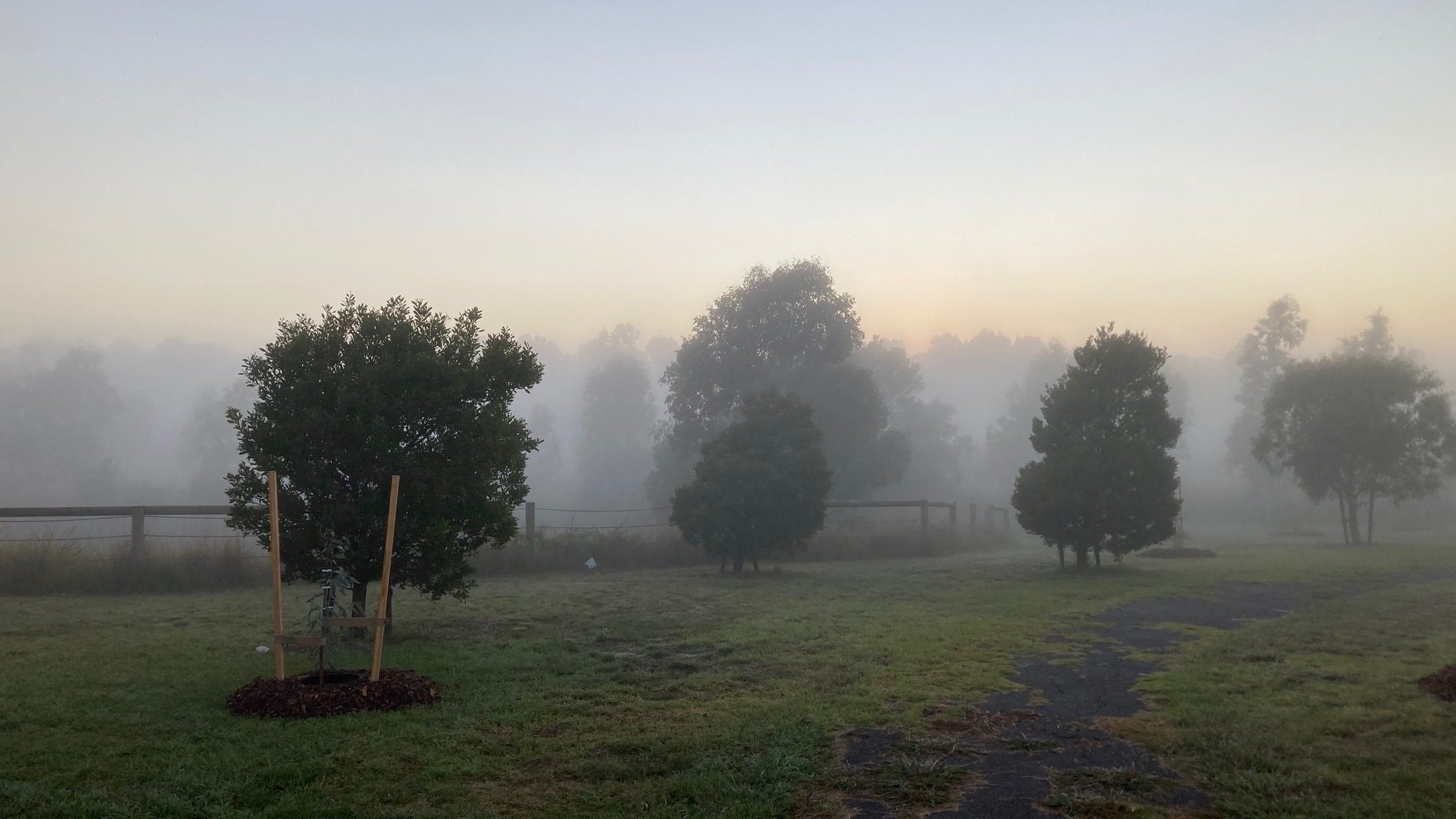Hands up if you feel at odds with the world these days?
I’ve been feeling decidedly odd these last couple of years. And while part of me knows this will probably always be the case, I was beginning to think there was something I was doing wrong. Something I had to fix in order to fit in.
Then I read this:
To be at peace with a troubled world: this is not a reasonable aim…
~ George monbiot, quoted in
If you don’t fit in,
if you feel at odds with the world,
if your identity is troubled and frayed,
if you feel lost and ashamed
it could be because you have retained the human values you were supposed to have discarded.
You are a deviant. Be proud.
This one wild and precious life
This One Wild and Precious Life came out in 2020, just as we were starting to comprehend the magnitude of a global pandemic.
Many people found their lives suddenly on pause; too much time to sit with their thoughts, nowhere to go to escape them – except Netflix, perhaps.
We watched as wildlife returned timidly to the streets, the skies cleared of smog and a slow motion disintegration of lives and economies spread around the globe.
In Australia, we were just reeling from the devastation of fires that turned our summer skies black, and destroyed unthinkable numbers of wildlife.
I had just finished my life long sentence as a renter, and become a mortgagee. I’d barely had time to unpack, let alone invite visitors, before we were plunged into lockdown and ordering desks online so we could work from home.
I was more than a little resentful, to be honest, to be imprisoned in my tiny office working harder than ever for my 8.5 hours-a-day income, while my welfare dependent sister had received a pay rise from the government to stay at home and do nothing!
I was supposed to be grateful to still have a job, but instead, I felt trapped in the Upsidedown and no one could hear me scream!

It was into this WTF moment that Sarah Wilson’s well-timed love letter whispered its thought provoking “beautiful questions”.
I needed some perspective; a path through my despair and rage. And that’s exactly what she gave.
Wilson, for those wondering what’s her claim to fame, was a one-time editor of Cosmopolitan Australia, a former journalist and TV presenter, now author, hiker and activist. She somehow manages to balance life in the mainstream limelight with a frugal, environmentally aware existence and now shares her insights with anyone who will listen – in her book, podcast and newsletter.
Wilson, in her book as in life, seeks to find Rumi’s field, the field beyond the loneliness, despair and rage tearing our world apart, “where we stop disputing issues and instead discuss values. Soul values.”
She does this by gently teasing out what she sees are the three ‘C’s” of our collective unease:
- The crisis of Connection in a technology enabling “connection-lite” culture – one that allows us to opt out of the vulnerability of IRL interactions, and instead opt in to the kind of hate speech that real life tends to counteract.
- The failure of an endless “more, more, more” consumerist model of economy (shhh, I think she means Capitalism) to meet our need to be part of a thriving collective.
- The elephant-in-the-room Climate crisis – not helped by the proliferation of disposable coffee cups, plastic packaging and fast fashion trends of a consumerist economy.
Wilson manages to disguise solid research and science packed analysis in a conversational style that encourages us to bravely confront difficult to refute, and equally difficult to swallow, truths.
Speaking to an uncomfortable rising panic, Wilson acknowledges that this “’societal shitstorm’” is “manifestly impossible” for us to comprehend.
There’s no wonder we get trapped in a “fear–guilt–anger–despair–overwhelm cycle.”
It is the grace of Wilson’s extended human hand that makes you read on, and confront the beautiful, terrifying question: “What are we going to do about it?”
As an avid hiker, Wilson takes us on an incredible journey through hiking trails across England to Switzerland, Crete, Japan and Jordan (to name a few). As she goes, she gathers wisdom from around the globe to weave this “hopeful path forward” she has promised.
It doesn’t disappoint.
There are many strategies she offers as a way to turn our despair into action. For me, the two that resonate the most are probably the easiest to achieve:
Hike, just hike
Wilson delves into the benefits of green walks and forest bathing.
We all know that taking a walk in the bush makes us feel good. But what’s illuminating to me are studies that suggest the “healing effect of trees” is beyond some kind of esoteric feeling, and in fact routed in science.
As Wilson reflects, evolutionary responses to fear and stress were always tangible, “emotion was passed through, with the aid of the physical reaction”. In this sense, hiking is an “effective, honest and primal” way to process stress from our body.
And it doesn’t have to be a mountain climb. Even a twenty minute walk amongst trees lowers “salivary cortisol (the stress hormone) by 53 percent”.
There’s a word for the “joy of walking in nature”: biophilia. Similarly, there’s even a word for “homesickness from nature”: solastalgia.
It makes sense, then, that to reconnect with nature is the first step in the “fight to save what we love”. It is forward motion.
Start where you are
It’s easy to be defeated by the immensity of the task ahead of us – as if the small actions of one person can make any difference!
What Wilson proposes is refreshingly simple. Don’t try to be a hero, crusader, leader of some undiscovered genius to Net Zero.
Start where you are – with what is not being done, in your street, neighbourhood or workplace. Start small, ordinary, necessary. Be of service.
I struggled with this at first. And then I listened to myself, mentally berating my neighbours every time I walked past another bit of rubbish on the curb.
Start where you are at right now. With what you can already do.
The way forward is then a breathtaking relief.
“You start. Then it spreads. Action begets action. Care begets care”.
Where this forward motion takes us may indeed be a place of sacrifice or challenge beyond this “nice interlude” – such as buying less, getting comfortable with uncertainty or embracing activism.
When in doubt? One final beautiful question to set one’s moral compass by:
“Does this choice enlarge or diminish life?”
It’s a profoundly confronting question. How to be a big human, in a world that wants us to stay small?

Will her book convert the science denying, anti-everything conspiracy theorists into climate activists? Probably not.
Are her lifestyle choices always relatable to the average stuck-in-a-rut full-time employed muggins, like myself? Not always.
What Wilson’s book does offer is a starting point for those of us who feel the imbalance but have no clue what to make of it, and even less what to do about it. A means of examining where we are, and how we get to where we want to be.
I’m very, very far from where I want to be. Stuck in my smallness, inside my small suburban bubble, looking out.
But what Wilson has given me is hope. I know, now, what I need to do. Or at least, I have an idea.
What will follow is an attempt to keep myself accountable, as I put one small step ahead of the other to Go Wild. Quietly.
It’s time to embrace deviance (like there was ever any other choice!). I hope you’ll join me on that journey, even if it’s just to laugh at all the dumb mistakes I make along the way.






Tell me about it...